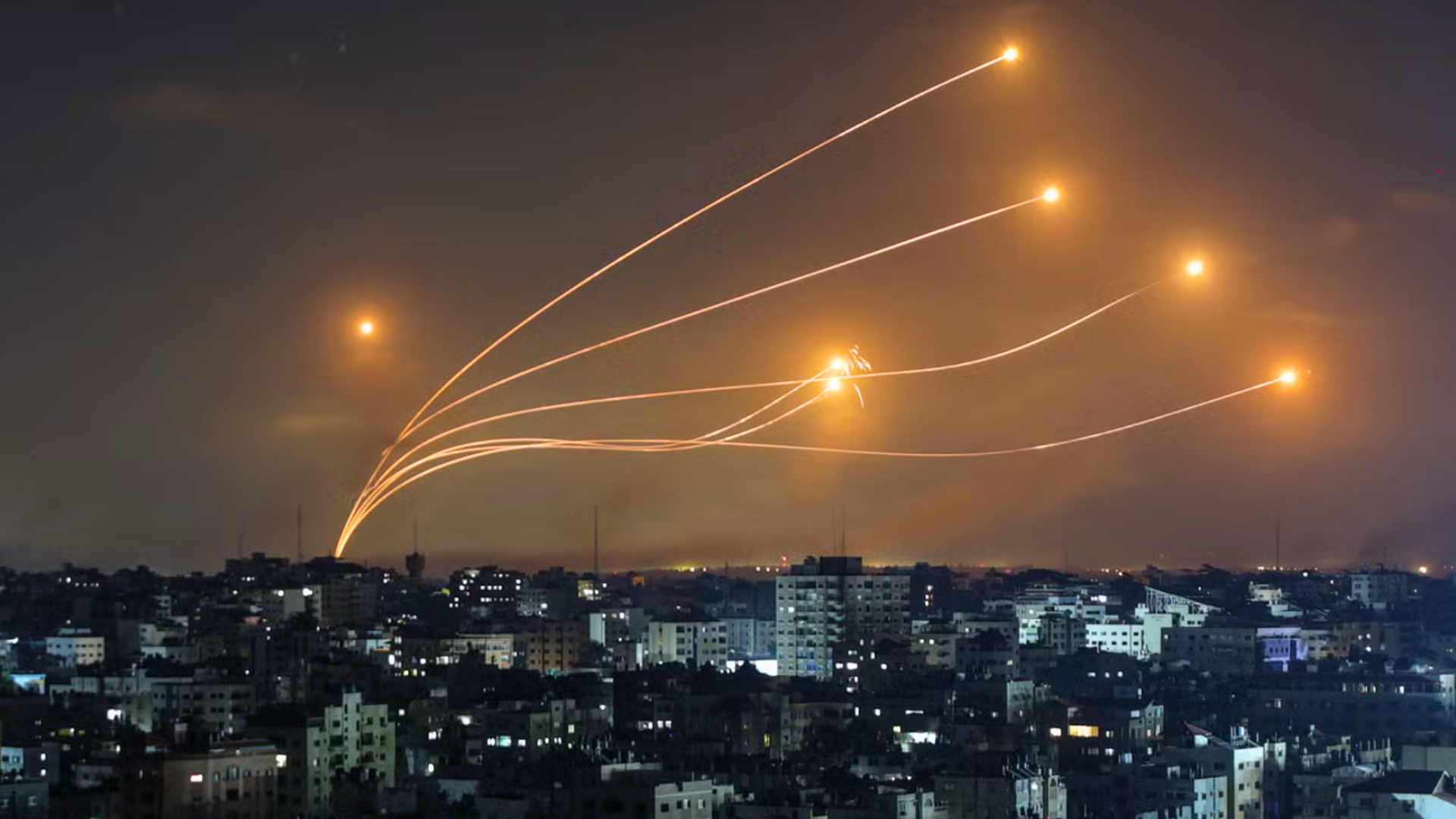Greece is currently in discussions with Israel to develop a €2 billion (AUD 3.3 billion) anti-aircraft and missile defence system, aiming to bolster its armed forces amid renewed regional tensions and a drive for military modernisation. This potential defence project, which Greek officials have likened to Israel’s Iron Dome, is designed to intercept both short- and long-range missiles and enhance Greece’s aerial defences.
The proposed anti-aircraft and anti-drone defence system marks a pivotal element of Greece’s broader ten-year military modernisation plan. Following a prolonged economic crisis, Greece is prioritising an upgrade of its defence capabilities, with a particular focus on technology that can effectively counter modern aerial threats. “The plan is to create a multi-layer anti-aircraft and anti-drone system,” a source close to the matter told Reuters, following a closed-door meeting with Greek Defence Minister Nikos Dendias. Talks with Israel indicate that Greece is willing to invest heavily in innovative, tested technologies that could effectively protect its airspace, especially given ongoing regional challenges.
As Greece pursues its €12.8 billion (AUD 21.1 billion) armed forces modernisation agenda through to 2035, it has set its sights on a range of high-tech acquisitions. These include up to 40 F-35 fighter jets and advanced drones from the United States, as well as French Belharra frigates and Rafale jets. Defence Minister Dendias underscored the urgency of Greece’s strategic pivot to the future, stating: “Our effort is for a quick transition of our armed forces to the 21st century.”

This multi-faceted modernisation extends beyond equipment. Dendias recently announced significant restructuring plans for the Greek military, including the closure of dozens of outdated military bases to enhance operational efficiency and reduce unnecessary expenditure. Speaking before Parliament’s Standing Committee for National Defence and Foreign Affairs, he confirmed that Greece plans to shut down 137 bases by 2025.
“We’re doing it because we don’t have the money to close an additional 250,” Dendias noted, pointing out that Greece, surprisingly, operates more military bases than the United States. He acknowledged the challenge, saying, “It doesn’t make sense to have 800 camps, even more than the US. But I know what it means to close military bases, and I need support.”
Dendias highlighted the economic and political hurdles that may accompany these closures, particularly in regions reliant on military installations for local employment. His ministry’s plan involves transitioning to what he called “flexible, high-occupancy units.” Some units, he revealed, are currently operating at vastly different capacities, with some in Evros below 30% while others in the Peloponnese are overextended at 130%.
In total, Greece’s ambitious military upgrade is positioned as both a strategic and economic priority. It aims to streamline forces, implement cutting-edge defence technologies, and rebalance its infrastructure. The partnership with Israel on a state-of-the-art missile defence system represents just one piece of this evolving defence strategy, as Greece seeks to strengthen its regional standing and remain competitive with NATO allies, including Turkey.
Source: Ekathimerini.
